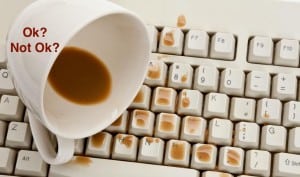
We have conducted hundreds of risk assessments in a number of sectors from homeland security to pension funds to Parks and Recreation departments. We have a number of hard lessons learned. These are some common mistakes we have made and seen: [Read more…]














 Ask a question or send along a comment.
Please login to view and use the contact form.
Ask a question or send along a comment.
Please login to view and use the contact form.